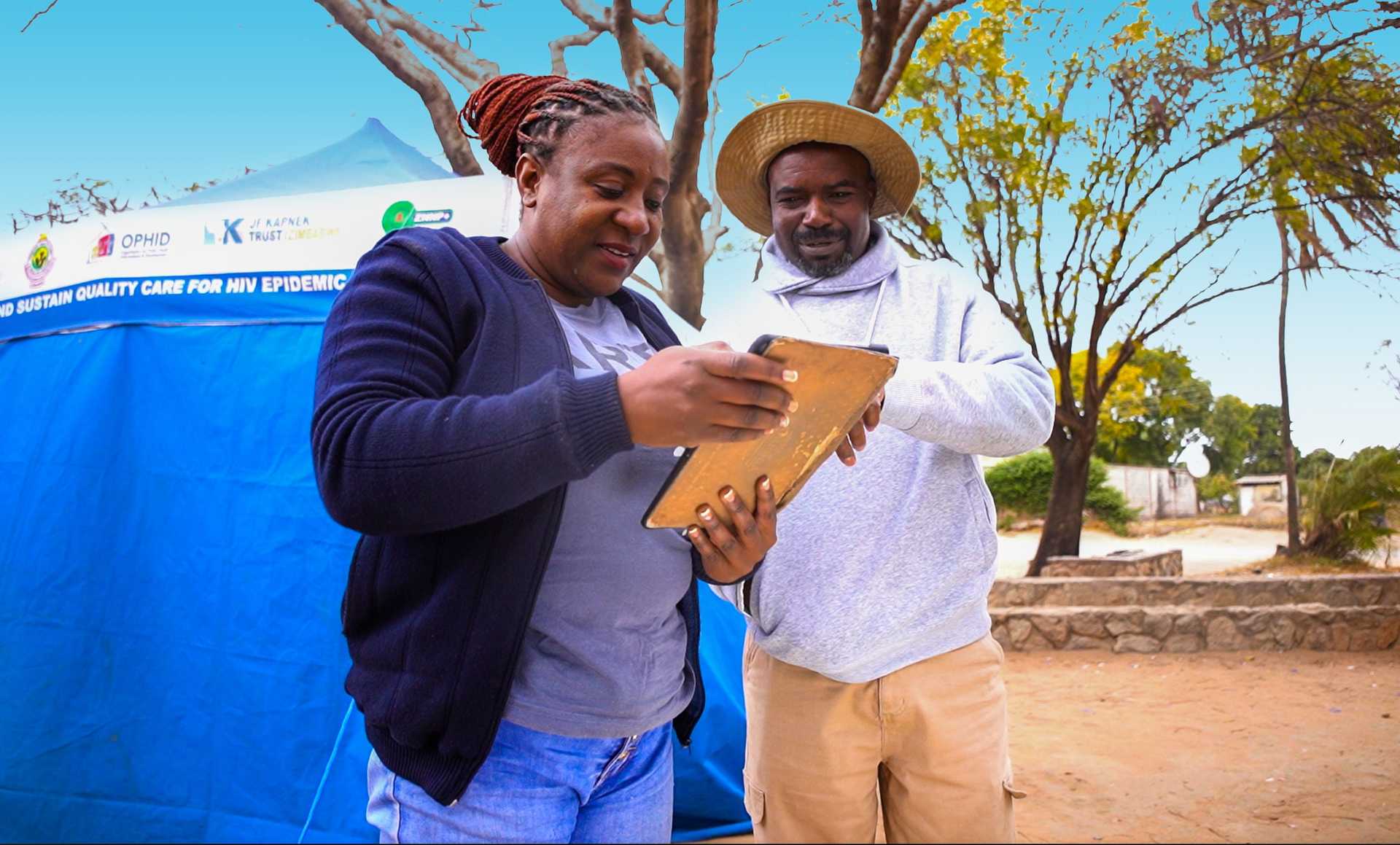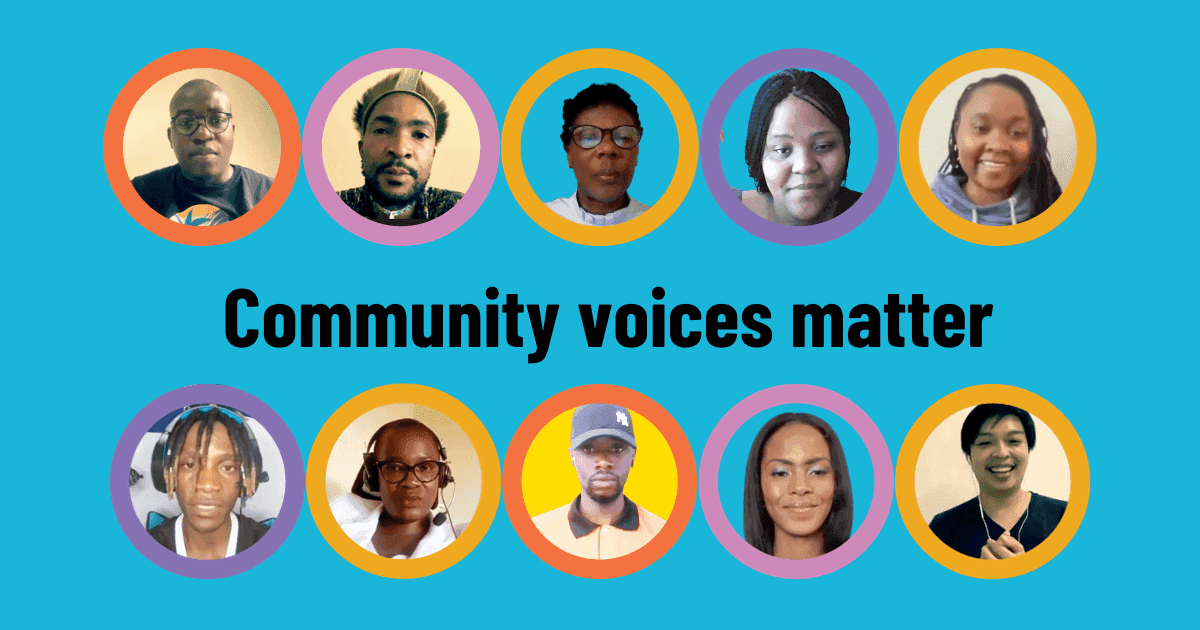Looking at things from a different angle, Boost, a digital job aid co-created by community health workers in southern Africa, has nine Your Community education units. Each is designed to help community health workers and educators understand why certain groups are more at risk of HIV and how to provide specific HIV services for each group.
Rather than lecturing health workers, these units bust myths and misconceptions to provide accurate information that community health workers and educators understand, engage with and trust, precisely because it has been co-designed by people who work in their roles. These units tackle difficult topics, including how a community health worker should treat a gay man if they think homosexuality is wrong, whether it is okay to provide harm reduction to people who use drugs when drug use is illegal, and if prisoners still have the right to health. Addressing the real questions and knowledge gaps that people on the frontline of the HIV response encounter means they are able to provide more effective support and services. If we want to end AIDS, this matters.
This World AIDS Day we stand with all communities affected by HIV. The global HIV response must do more to ensure each and every one of these communities has the respect, leadership opportunities and platforms they need and deserve – and which are vital to ending AIDS.

